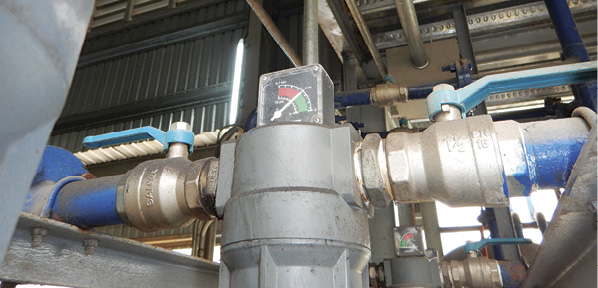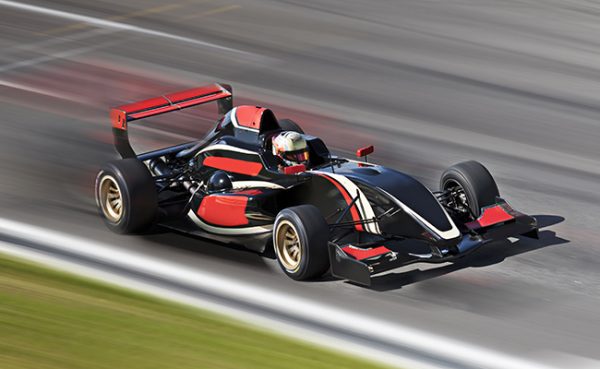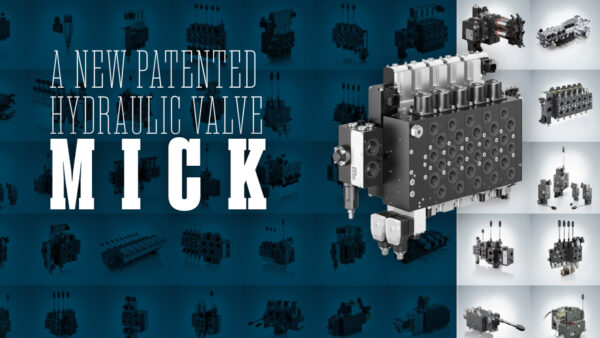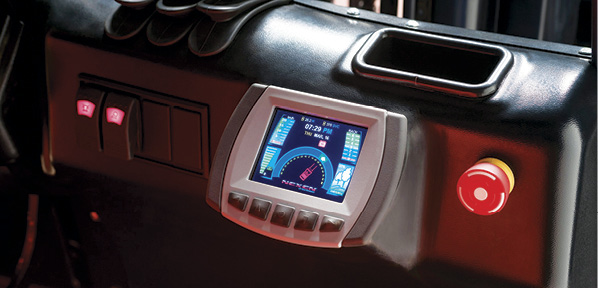Novel Sensor Technologies to Transform the Driving Techniques of Automobile Users
Rising interest in autonomous vehicles creates vast growth opportunities for sensor developers
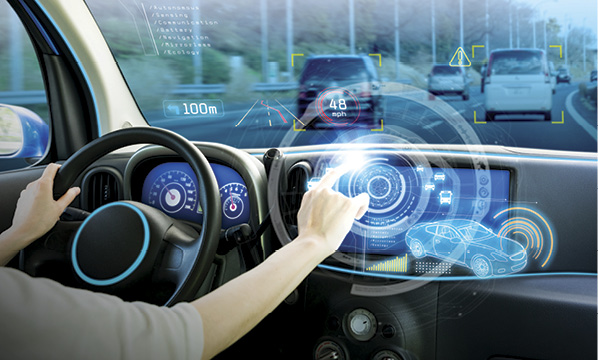
The growing popularity of autonomous vehicles is enhancing the need for improved vehicle and occupant safety, opening up the market to advanced automotive sensor technologies. The integration of sensors and actuators into automotive control systems optimizes driver and passenger comfort, as well as the performance of the vehicle by increasing its durability and reliability. Promising sensor technology applications include collision warning, night vision, traffic signal recognition, adaptive cruise control, blind-spot detection, lane departure warning, emergency braking, parking assistance, and pedestrian detection.
Innovations in Automotive Sensors is part of Frost & Sullivan’s Sensors and Instrumentation Growth Partnership Subscription. The study analyzes some of the path-breaking emerging sensor technologies that can energize the automotive sector. The key sensing technologies covered in this research include light detection and ranging (LiDAR), image, touch, gesture recognition, inertial, pressure, micro-electromechanical system (MEMS) accelerometer, anisotropic magneto-resistive (AMR), giant magneto-resistance (GMR), and biometric sensors and gyros.
While sensor technology powers numerous products and applications, it is beset by several inherent reliability and accuracy issues. Once these issues are ironed out through further advancements, automotive participants will replace all bulky testing and diagnostic devices with sleeker products that employ miniaturized sensors.
Additionally, automotive manufacturers will be keen on comprehensive solutions that use different sensing technologies and sensor fusion. Manufacturers of autonomous vehicles will also be eager to partner with sensor manufacturers that enable functionalities such as wireless communication and 3D vision depth.

